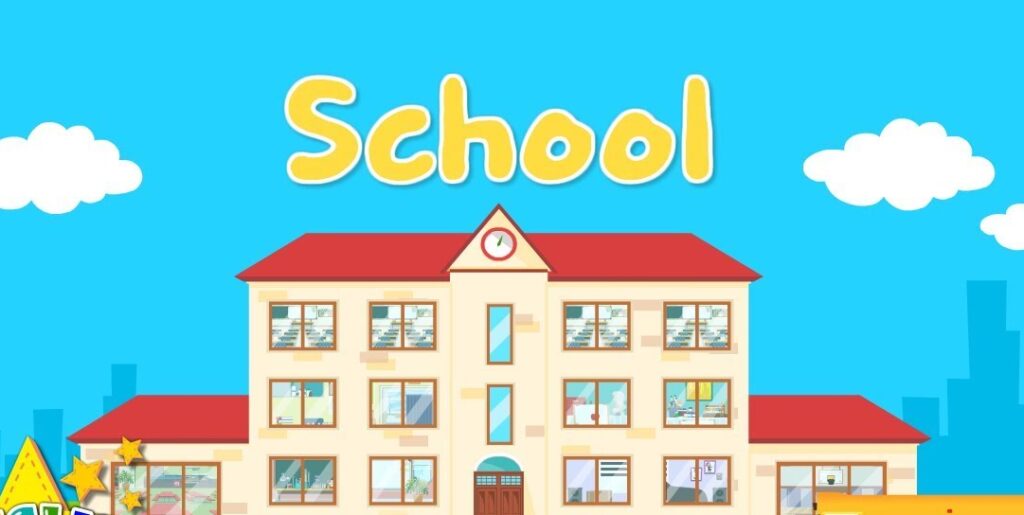Government Mandates Digital Study Material in Local Languages for Schools and Higher Education in 3 Years

New Delhi, 20th January 2024: In a significant move aimed at fostering linguistic diversity and providing students the opportunity to study in their native languages, the Government of India has mandated that digital study material for all school and higher education courses be made available in Indian languages listed in the 8th Schedule of the Constitution.
The Ministry of Education issued an order today directing various education regulators, including UGC, AICTE, NCERT, NIOS, IGNOU, and heads of prestigious institutions like IITs, CUs, and NITs, to ensure the availability of study material in Indian languages for all courses within the next three years. UGC, AICTE, and the Department of School Education are also tasked with addressing the implementation of this directive in state schools and universities.
These directives align with the recommendations of the National Education Policy (NEP) to promote multilingualism in education at all levels. The objective is to provide students with the opportunity to study in their native languages, facilitating better learning outcomes and fostering innovative thinking without language barriers.
NEP-2020 emphasizes the rich multilingual nature of Bharat (India) as a significant asset and strength that can contribute significantly to socio-cultural, economic, and educational development. The creation of content in local languages is seen as a crucial step in harnessing this multilingual asset to contribute to the vision of a ‘Viksit Bharat’ (Developed India) by 2047.
Over the past two years, the government has been actively working towards this goal, utilizing technology such as the Anuvadini AI-based App for the translation of engineering, medical, law, undergraduate, postgraduate, and skill books. These translated materials are accessible through the ekumbh portal. In the school education ecosystem, study materials are already available in multiple Indian languages, including over 30 languages on DIKSHA. Additionally, competitive exams like JEE, NEET, and CUET are being conducted in 13 Indian languages.








